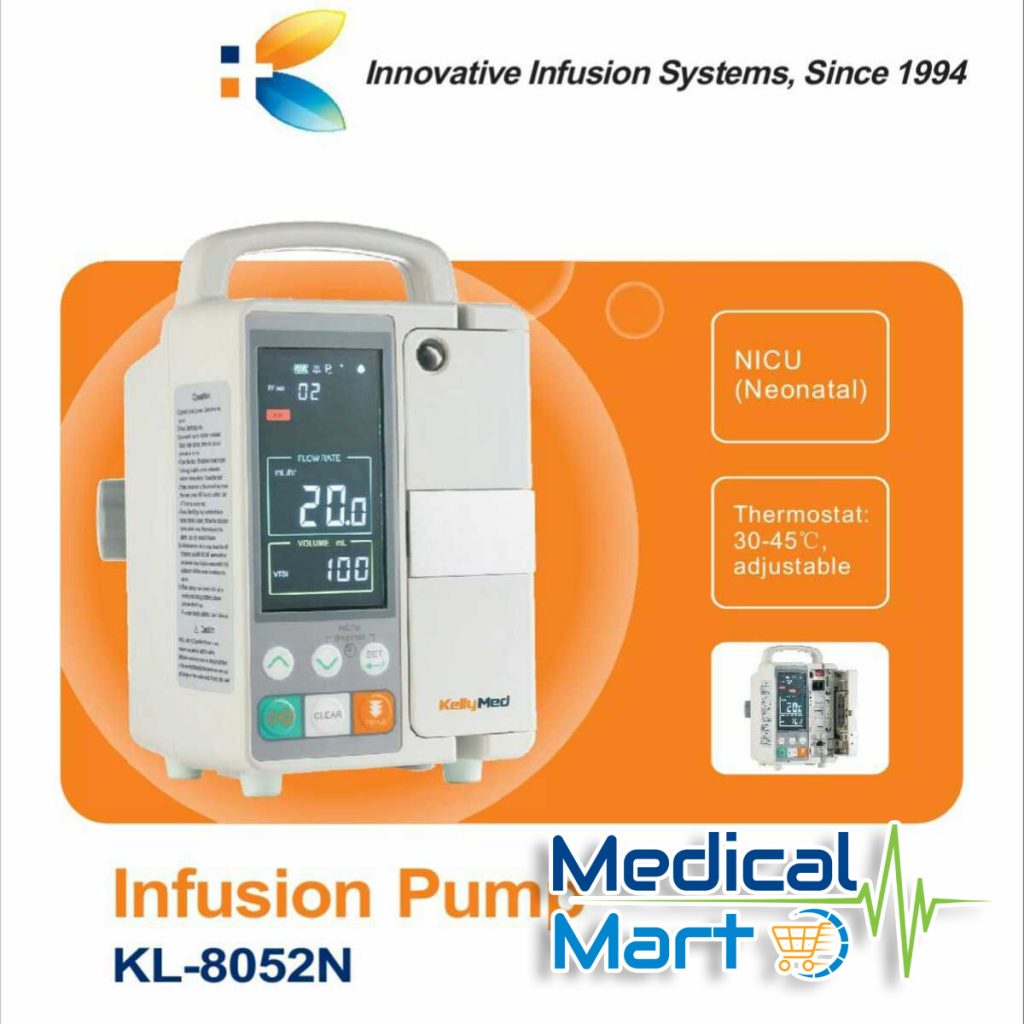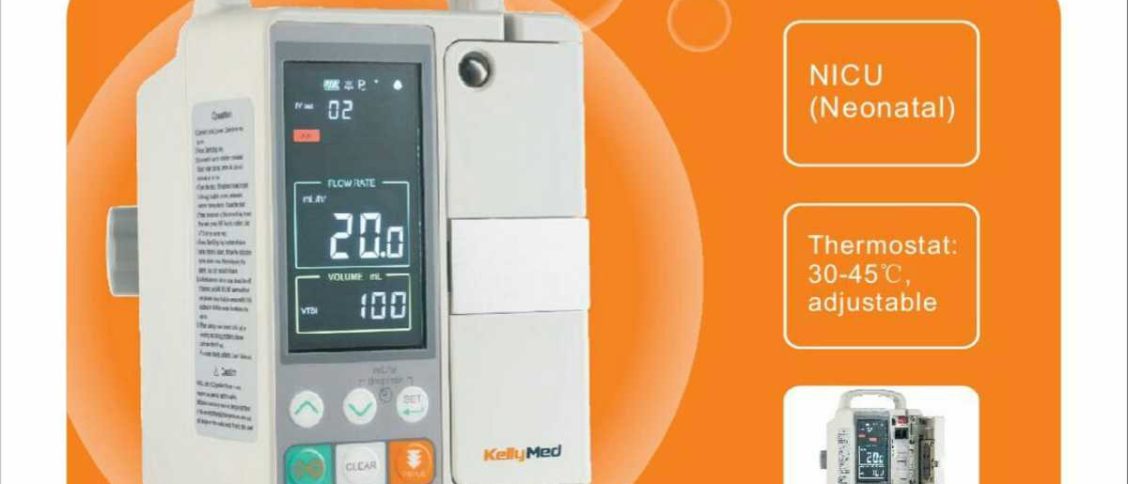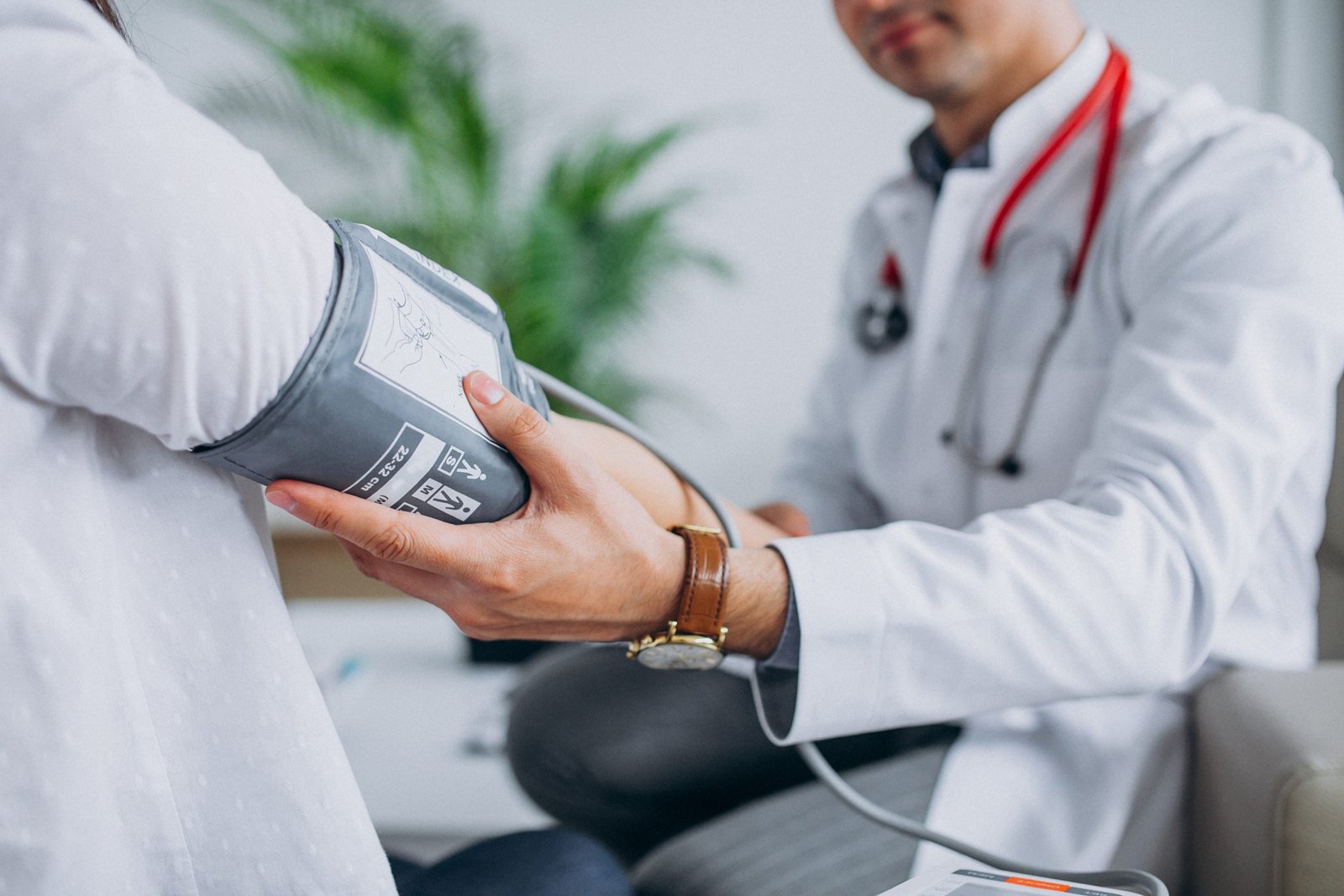Infusion pumps are medical devices that deliver fluids, such as medications, nutrients, or other therapeutic substances, into a patient’s body in a controlled and precise manner. These devices play a crucial role in patient care across various healthcare settings. Here are some of the primary uses of infusion pumps:
1.Medication Administration:
Continuous Infusion: Infusion pumps are commonly used to administer medications continuously over a specified period. This is particularly important for drugs that require a steady and controlled rate of delivery, such as pain medications, antibiotics, or certain chemotherapeutic agents.
Intermittent Infusion: Some medications need to be administered at specific intervals rather than continuously. Infusion pumps can be programmed to deliver these medications intermittently, ensuring accurate dosing.

2.Nutritional Support:
Infusion pumps are used to deliver parenteral nutrition, providing essential nutrients directly into the bloodstream for patients who cannot obtain adequate nutrition through oral or enteral routes. This is common in patients with gastrointestinal disorders or those who are unable to eat.
3.Fluid Replacement:
Infusion pumps are utilized to deliver intravenous (IV) fluids for patients who require hydration, electrolyte balance, or fluid replacement due to surgery, illness, or other medical conditions.
4.Pain Management:
Patient-controlled analgesia (PCA) pumps are a type of infusion pump that allows patients to self-administer a predetermined dose of pain medication, providing better pain control and reducing the need for frequent nursing interventions.
5.Chemotherapy:
In oncology, infusion pumps are employed to administer chemotherapeutic agents at a controlled rate. This helps minimize the side effects of chemotherapy and ensures that the drugs are delivered in a manner that maximizes their effectiveness.
6.Critical Care Settings:
Infusion pumps are commonly used in intensive care units (ICUs) and other critical care settings to deliver medications and fluids with precision, especially for patients who require close monitoring and rapid adjustments to their treatment plans.
7.Pediatric Care:
Infusion pumps are particularly useful in pediatric care, where accurate dosing based on a child’s weight is crucial. These devices help ensure that medications and fluids are administered safely and effectively to pediatric patients.
8.Elderly Care:
Infusion pumps are also employed in geriatric care settings to administer medications and fluids to elderly patients who may have specific dosing requirements or difficulty taking medications orally.




